The nominations for the 94th Academy Awards are out, and what better way to celebrate watching these new Oscar nominated movies than to pair them up with books. As a longtime fan of films and a book lover to the core, I’ve always looked for books that matched the energies of movies. Lucky for book lovers out there, books are constantly adapted to films—which is always fun. This year there are a few adapted films nominated. Current front runner for Best Picture The Power of the Dog was adapted from Thomas Savage’s 1967 novel with the same name. Critics favorite Drive My Car was adapted from Haruki Murakami’s 2014 short story Men Without Women. And of course, one of the most popular films from 2021, Dune was adapted from the iconic science fiction novel by Frank Herbert. Yet, while many films are adapted, what about those original films? In this article I pair up some of this year’s Oscar nominated films with books that have the same energy for those books lovers out there who want to keep the vibes going. Let’s get into this gig!
Attica, Directed by Traci Curry and Stanley Nelson
Nominated for Best Documentary Feature, Attica is a striking and revelatory documentary on the 1971 Attica prison uprising. With firsthand footage, the documentary exposes the brutal, racist, and inhumane actions that were taken against the prisoners at Attica before, during, and after the rebellion. It is a must watch.
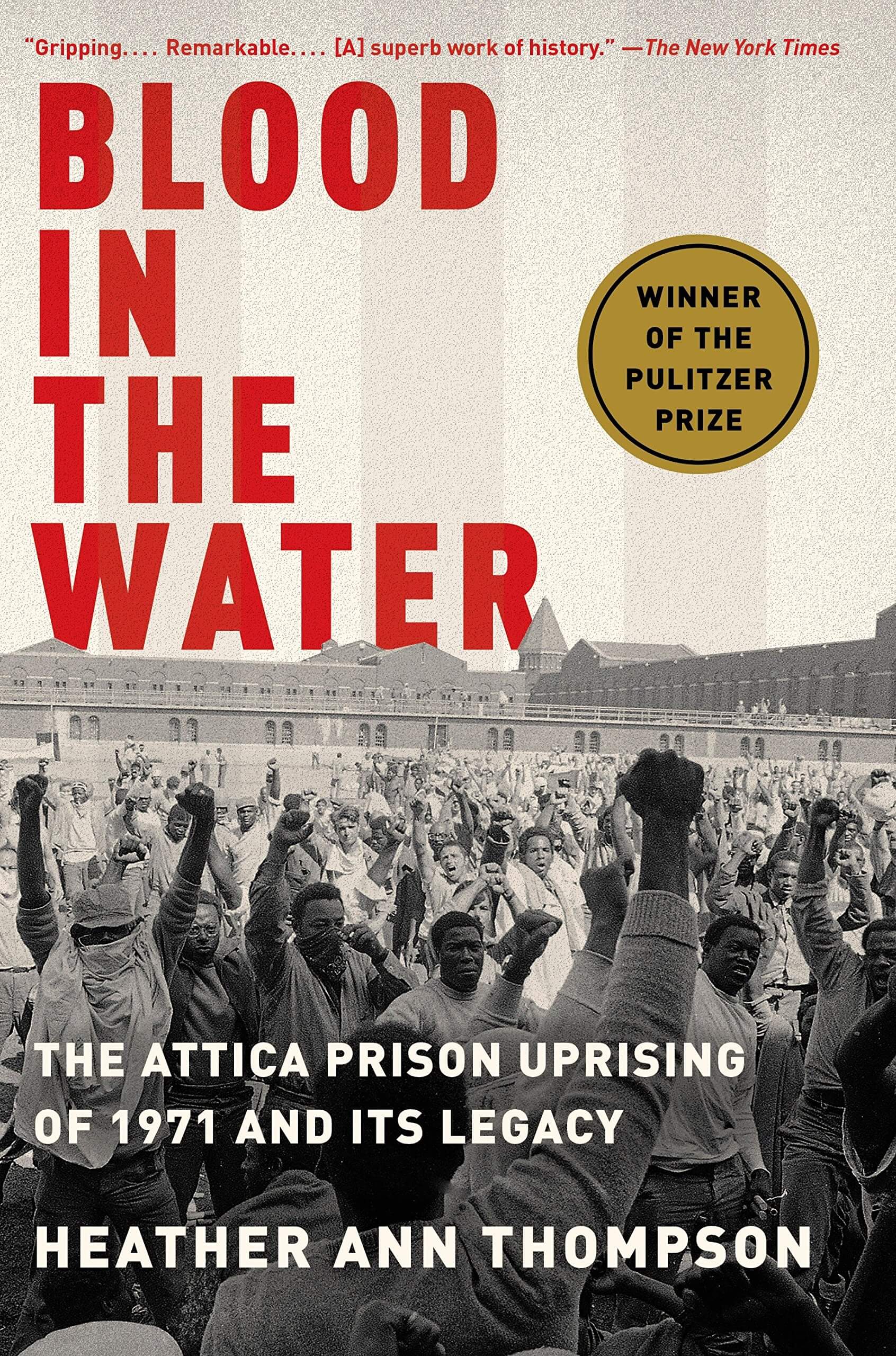
If you watch Attica, I suggest reading: Blood in the Water by Heather Ann Thompson
This book helps fill in all the gaps from the Attica documentary. With brilliant reporting and admirable writing, Heather Ann Thompson dives into what happened at Attica by beginning at the very start of what led to the rebellion and takes the reader on an eye-opening journey that leaves you at the edge of your seat. While the documentary is undeniably hindering, viewers are not shown what happened in the after. Ann Thompson’s book fills in what happened days, weeks, months and years after the brutal massacre at Attica. I was simply left in shock while reading this book. It is a monumental piece of reporting and a great continuation to learning more about Attica.
Don’t Look Up, Directed by Adam McKay
This satirical film is what I consider a good drag. Have you ever had that one good friend, who read you so hard, that the only thing left for you to do is laugh and take it? Well McKay’s new movie is very much that friend reading our current society to filth and I was here for it. A true wakeup call at the end of the world, Don’t Look Up is about two scientists who try to warn the world about an all-consuming and dangerous meteor that is heading to Earth. Led by Jennifer Lawrence and Leonardo DiCaprio, the movie is laugh-out-loud funny until it isn’t. It is all because of the incredible screenplay from McKay, which is nominated for Best Original Screenplay at the Oscars.
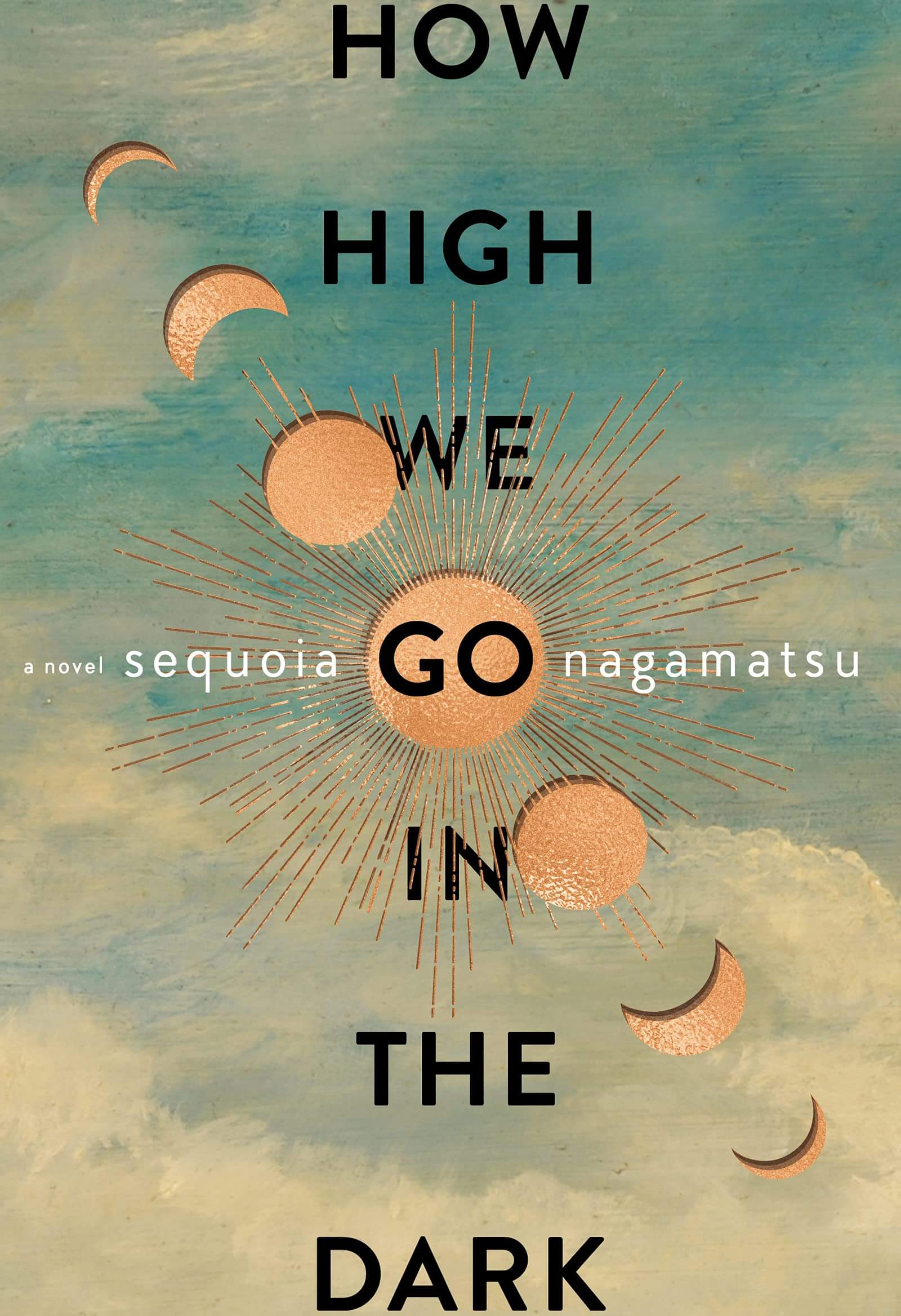
If you watch Don’t Look Up, I suggest reading How High We Go in the Dark by Sequoia Nagamatsu
Apart from the laughs and fear that I was left with after watching Don’t Look Up, one thing that I kept thinking about was capitalism, and how capitalism was shown throughout the movie. Reading Sequioa Nagamatsu’s debut novel I was constantly thinking about Don’t Look Up. While both movie and novel are totally different, I found similar threads of capitalism in both story lines. How High We Go in the Dark is a novel, or a book of interconnected stories, about an ancient plague that changes humanity forever. The book is totally imaginative and Nagamatsu’s writing does a remarkable job at capturing the humanity of all its characters even in all the darkness looming over them. As mentioned, I was fascinated by how capitalism was presented in this novel about the end of the world and was reminded of how capitalism functioned in Don’t Look Up, a movie about the end of the world.
CODA, Directed by Sian Heder
This film was one of the best movies I saw last year, and one that I will keep close to my heart for years to come. It is the tearjerker from all the Best Picture nominees and I was ecstatic to see Troy Kotsur nominated for Best Supporting Actor for his sublime performance in the film. CODA follows Ruby, navigating the world as the only member of her family who is not deaf. CODA is an acronym for Child of Deaf Adults, and throughout the film we are shown how Ruby struggles to find a balance between her life and her relationship with her family.
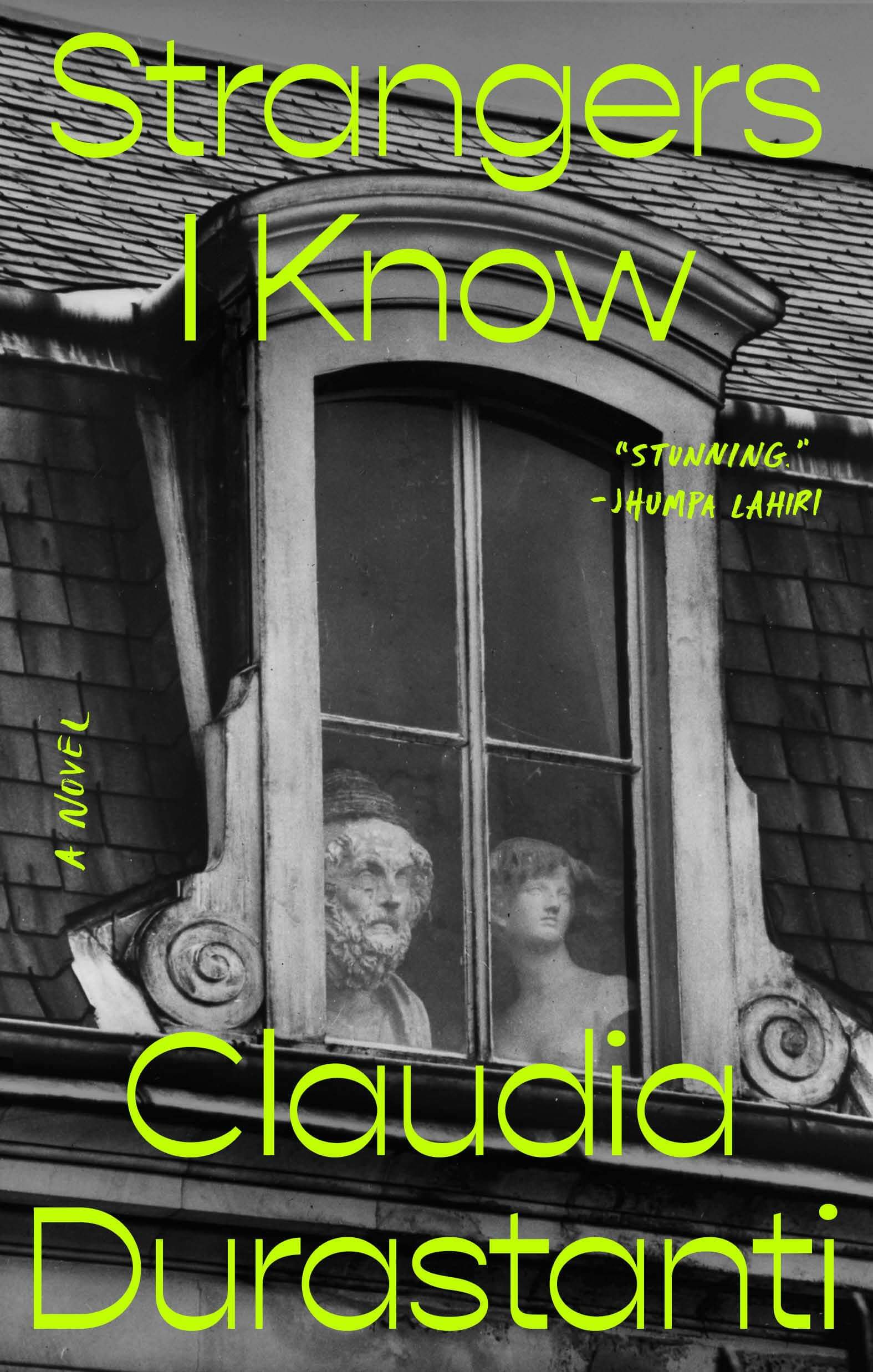
If you watch CODA, I recommend reading Strangers I Know by Claudia Durastanti and Translated by Elizabeth Harris
I went into this novel blindly—but once I was in, I was met with the greatest family story. Narrated by a character that feels like they are right in front of you, speaking—almost wanting you to listen to their history and stories—this book surprises you in the best way. It is largely an experimental novel; fiction taken to a degree that feels fresh and totally effective. Strangers I Know, similar to CODA, is about a child of deaf adults who struggles with her relationship to her parents and their stories. What I loved most about this book is those subtle yet impactful passages about language and how language functions. It is a great novel to read after watching CODA.
Summer of Soul (…Or, When the Revolution Could Not Be Televised), Directed by Questlove
If there is one feature to watch from the nominated movies this year at the 94th Academy Awards it is Questlove’s “Summer of Soul.” The chills that traveled throughout my body while watching this documentary were unparalleled. What Questlove has done is exhume a piece of history that must be watched. An important documentary that shows the power of music and what it can do for a movement and culture. I felt like I was at this festival, and I felt the music and history come out the screen.
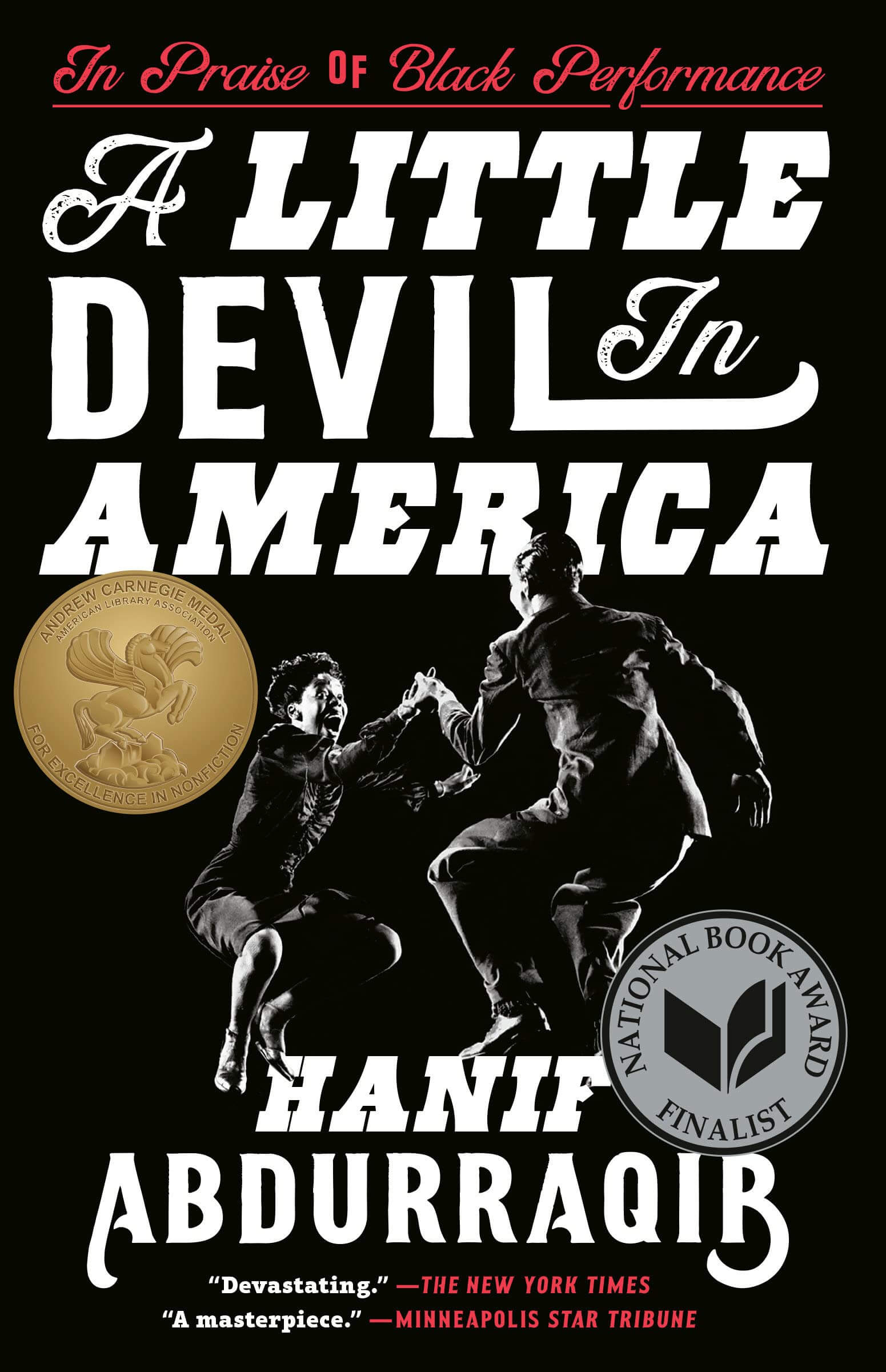
If you watch Summer of Soul, I recommend reading A Little Devil in America by Hanif Abdurraqib
While watching Summer of Soul I was constantly reminded of my experience with the recent collection of essays from the brilliant Hanif Abdurraqib. While the entire essay collection is undeniably a work of art, with writing that has the ability to cut, Summer of Soul brought back my memories when I got to the essay “I Would Like to Give Merry Clayton Her Roses.” Reading that essay about Merry Clayton and her powerful and echoing vocals on the song “Gimme Shelter” left me destroyed and restored me back all together. And honestly, the entire book, A Little Devil in America: Notes in Praise of Black Performance, has that effect on the reader. It is a wonderous achievement from one of our greatest living writers today. If you do get to watch Summer of Soul, which I highly recommend, I implore everyone to check out Abdurraqib’s unforgettable collection.
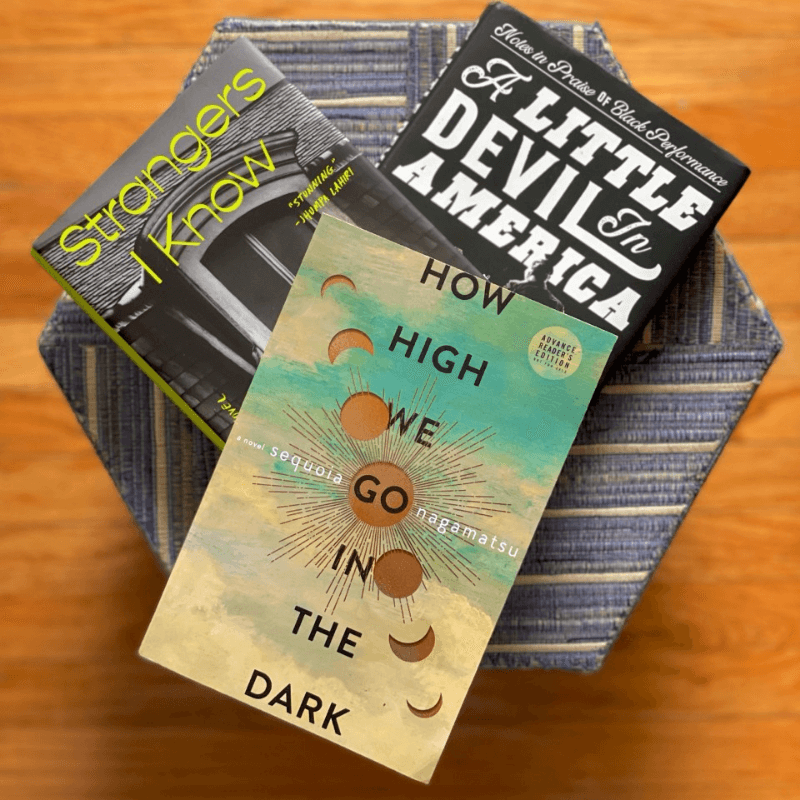
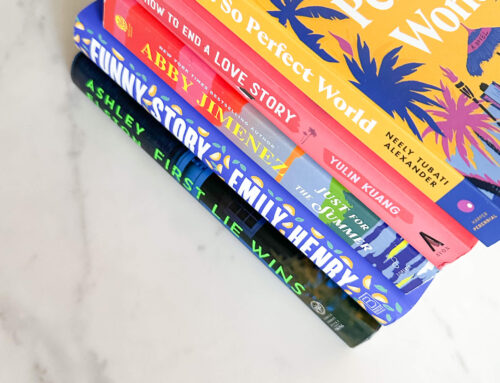
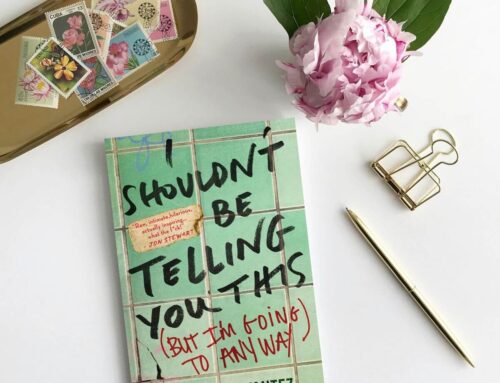
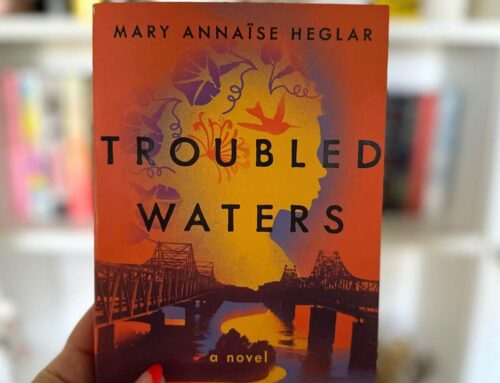
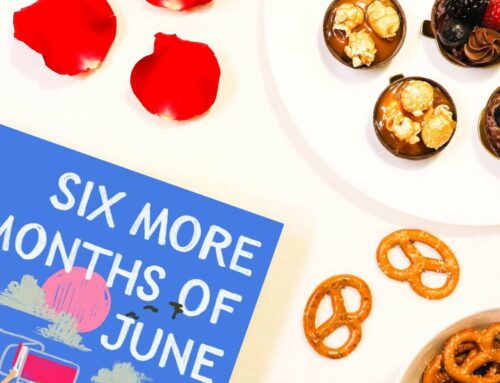
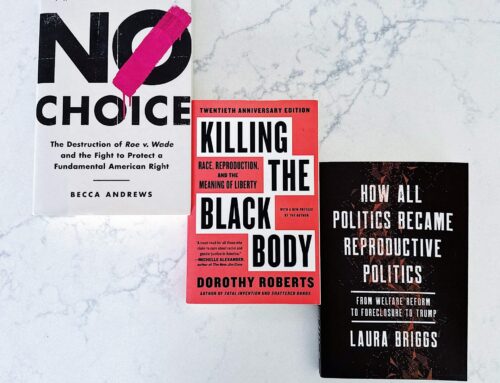
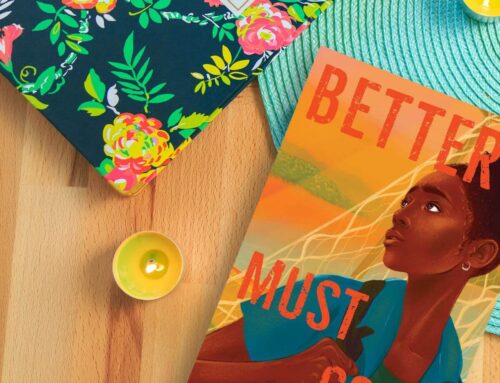
I wasn’t planning on watching don’t look up but the thread of capitalism between it and How High We Go in the Dark has me intrigued.